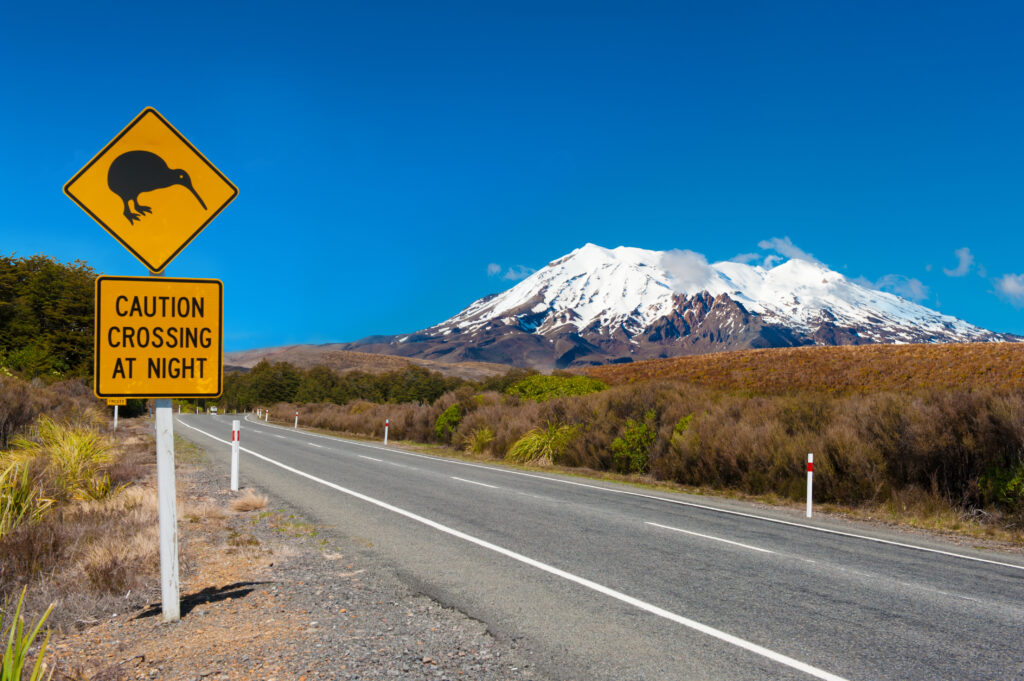
The best eco-destinations in 2024 that we have selected promise not only important structures for practicing ecotourism, but also an ecological commitment that goes beyond tourism. These countries offer breathtaking nature, and do everything to keep it that way!
1. Denmark
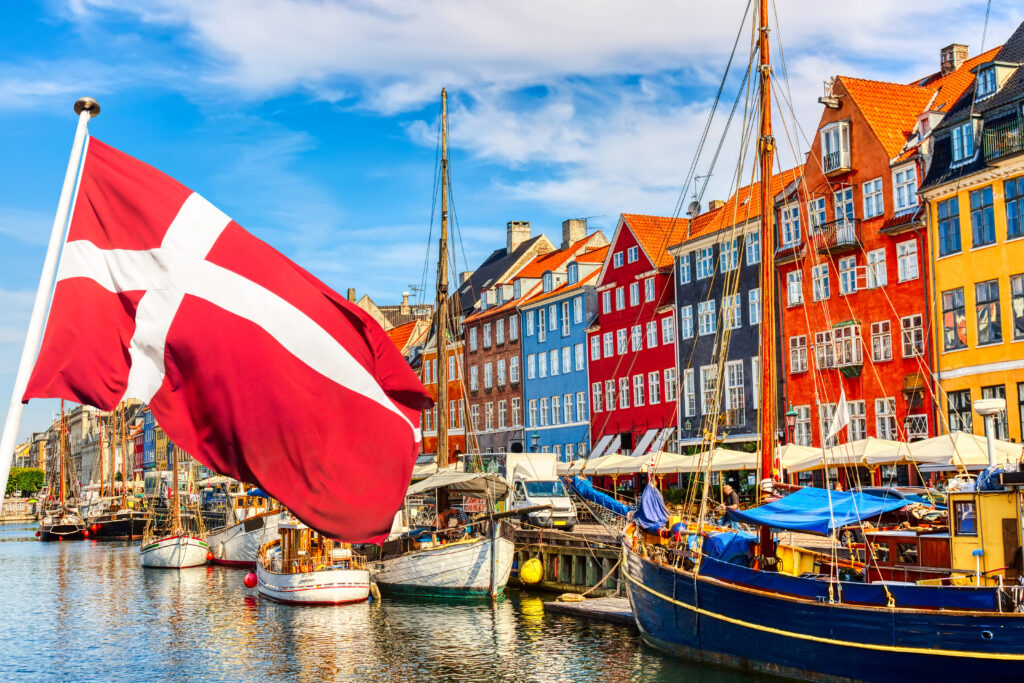
Denmark has more than earned its place as one of the world's greenest destinations in 2024. A pioneer in green energy, it is the world champion in wind power. It is also a model for organic farming, and is the world's largest exporter of organic produce.
This makes Denmark an ideal location for ecotourism, both in Copenhagen, voted European Green Capital in 2014, and in more remote locations such as the Faroe Islands. The unspoilt landscapes of this archipelago welcome just 5,000 tourists a year, with the utmost respect for the environment. The country is home to numerous protected areas, ideal for hiking, and even the world's largest national park: North East Greenland National Park.
2. Suriname
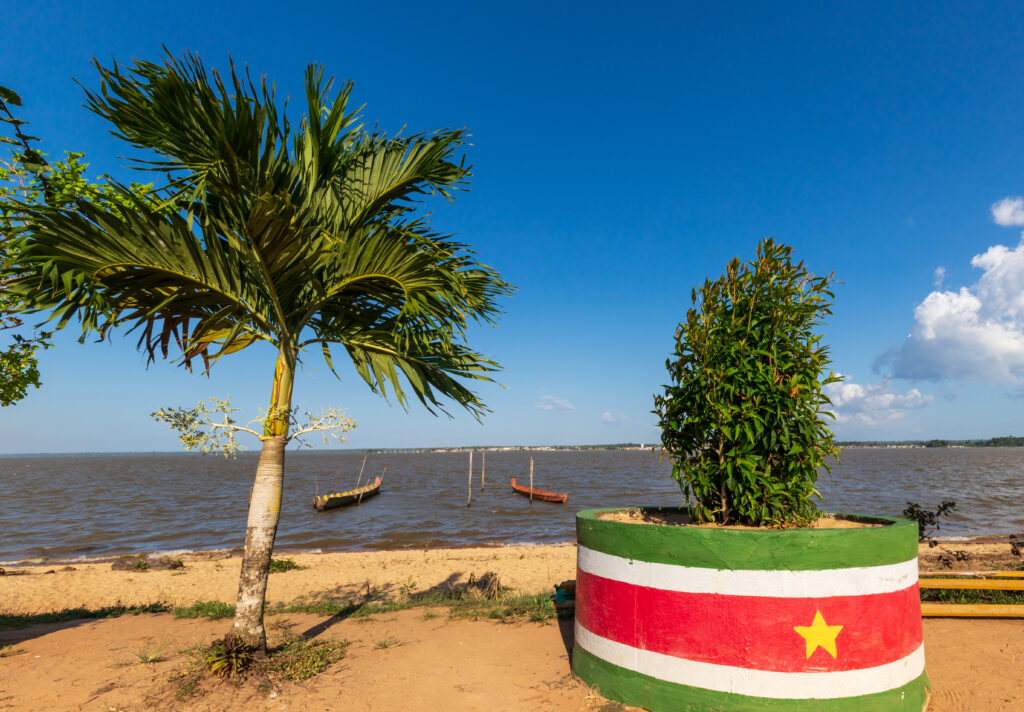
This small, relatively unassuming South American country is actually one of the world's ecological leaders. Already, with 93% of its territory covered by forest, it holds the record for the largest forest cover in proportion, making it one of the best eco-destinations of 2024. Suriname's vast tropical forests are not only a boon for the country's rich biodiversity, but also for visitors, who can observe numerous animals in their natural habitat in the heart of this off-the-beaten-track destination. What's more, this immense forest makes the country one of only three in the world to boast a negative carbon footprint!
To visit this immense playground for nature lovers, there's nothing like exploring the eleven nature reserves, plus a national park. One of them, the Central Suriname Nature Reserve, with 1.6 million hectares, alone represents 10% of the country's surface area.
3. New Zealand
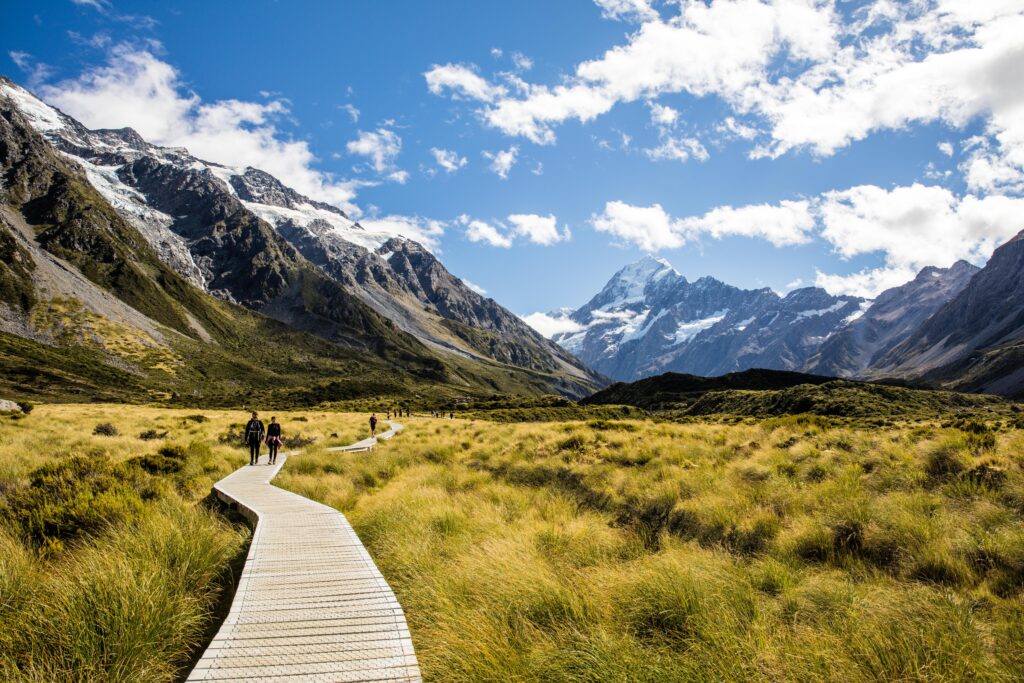
New Zealand does not hesitate to take strong measures to protect its rich environment. It was the first country in the world to ban nuclear power. Another world first: in 2014, New Zealand became the first country to give a natural area, the Te Urewera forest, the status of a legal person, to legally protect this indigenous territory.
The archipelago is counting on ecotourism to perpetuate this protection of nature. In fact, it now offers tourists entering its territory the opportunity to sign a charter of good conduct inspired by Maori philosophy, inviting visitors to make commitments to limit their impact on the environment. New Zealand is a pioneer in regenerative tourism.
4. Costa Rica
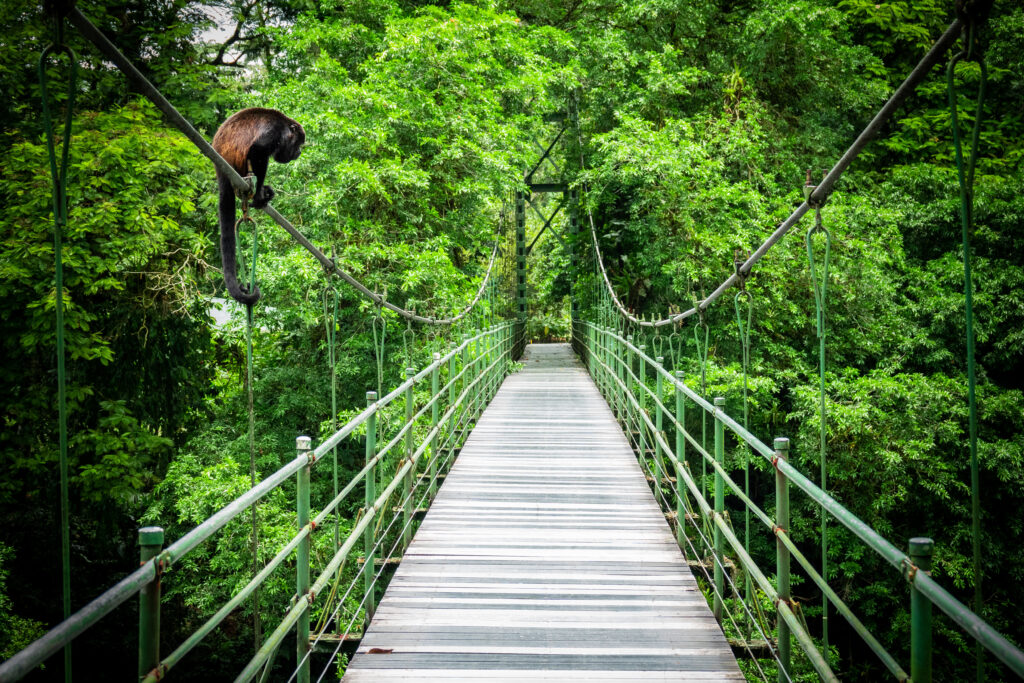
In recent years, Costa Rica has established itself as the ecotourism capital of the world, so it's no surprise that it's one of the top eco-destinations for 2024. However, this was no foregone conclusion, as deforestation was still rampant 40 years ago. Since then, the country has made ambitious commitments to protect its environment, and has become a biodiversity paradise. Formerly razed ecosystems have been restored, making Costa Rica the perfect place to observe wildlife. The spectacular Resplendent Quetzal is one of the world's most beautiful turquoise birds. In fact, the right to a healthy environment is even enshrined in the Constitution! The practice of ecotourism is therefore commonplace, and ecolodges and other alternative accommodations lost in the rainforest abound.
5. Finland
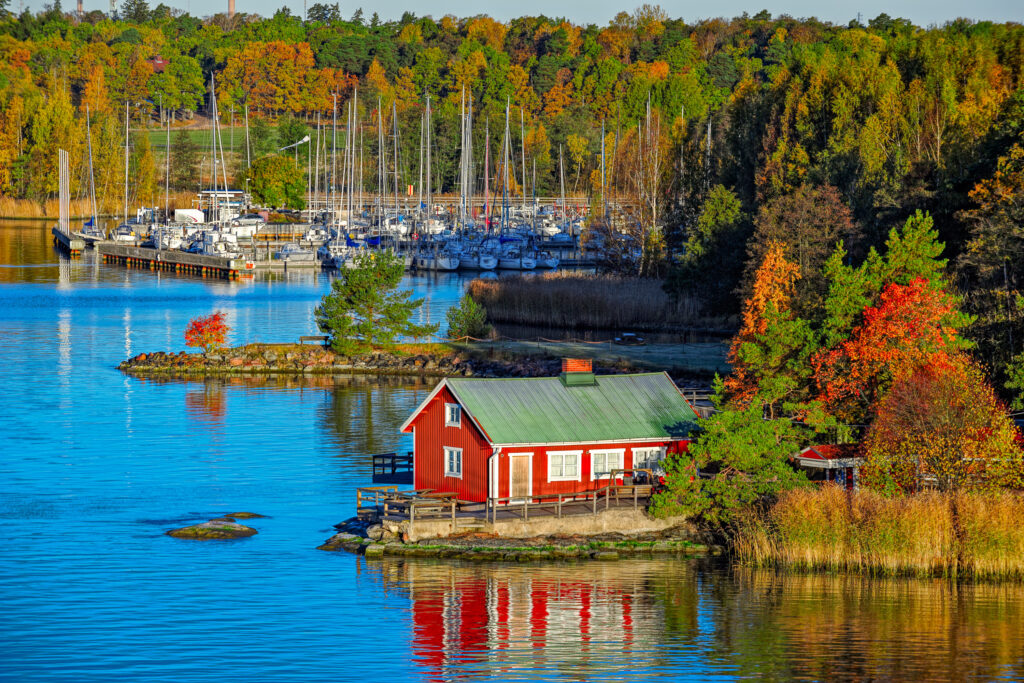
Finland has embarked on a dazzling ecological transition, with, for example, a conversion to renewable energies and a major effort to reduceCO2 emissions, notably through the ban on diesel vehicles, scheduled for 2030.
Finland is also Europe's second most forested country, making it a paradise for hikers and cyclists.
6. Bhutan

Bhutan is one of only three countries in the world with a negative carbon footprint, making it one of the best eco-destinations of 2024. This feat is due to the large number of forests that cover the territory and absorb carbon emissions. And this is not about to stop, as it is enshrined in the Constitution that at least 60% of the country's surface area must be covered by forests!
As a result, its landscapes are incomparably rich, so much so that the mountainous country boasts no fewer than 2,700 glaciers! This unspoilt natural environment makes Bhutan an ideal hiking destination.
7. Slovenia
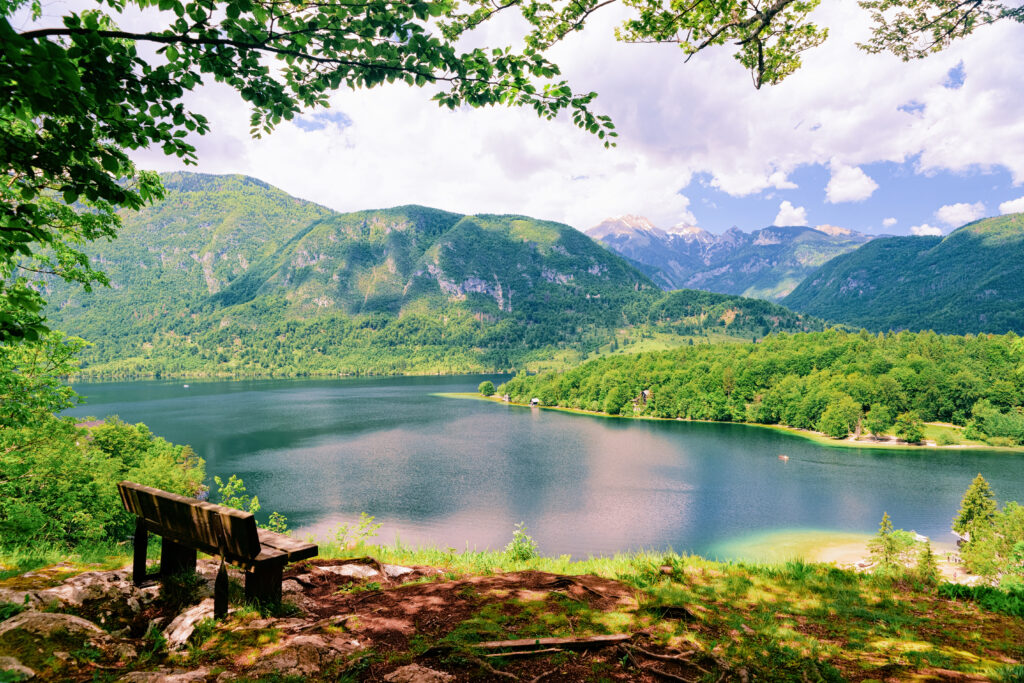
This small Central European country takes numerous measures to protect its environment. Slovenia has the third highest proportion of forests in Europe. This country at the other end of the Alps offers a wealth of hiking opportunities, so much so that it has even introduced a "hiking passport ". The principle: stamp your passport at each summit you reach. Slovenia also occupies third place on the ecological podium: recycling. The country takes waste management very seriously. But beware: to preserve its rich ecosystems, Slovenia bans wild camping!
8. Iceland
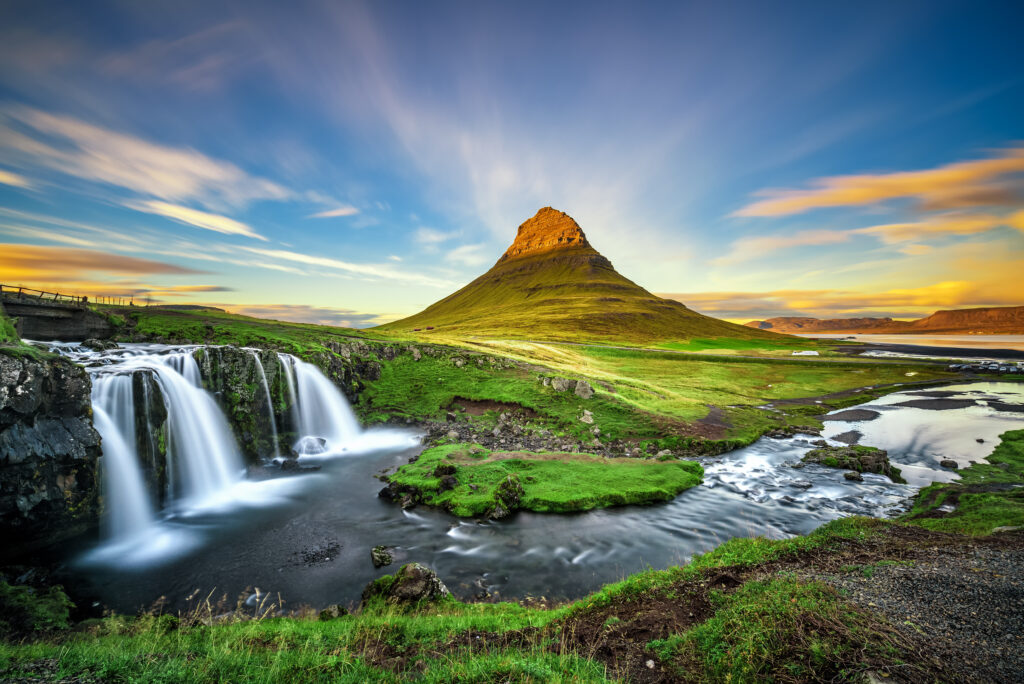
Iceland is the only country in the world to run on 100% renewable energy. It is also a leader in responsible fishing, and the country generally makes immense efforts to preserve its fragile natural environment. Waterfalls, long stretches of wilderness, volcanoes, geysers, icebergs... Iceland is one of the best eco-destinations of 2024, offering responsible travel in breathtaking landscapes. The land of ice and fire boasts three UNESCO World Heritage sites: Thingvellir National Park, Surtsey Island and Vatnajökull National Park.
9. South Africa
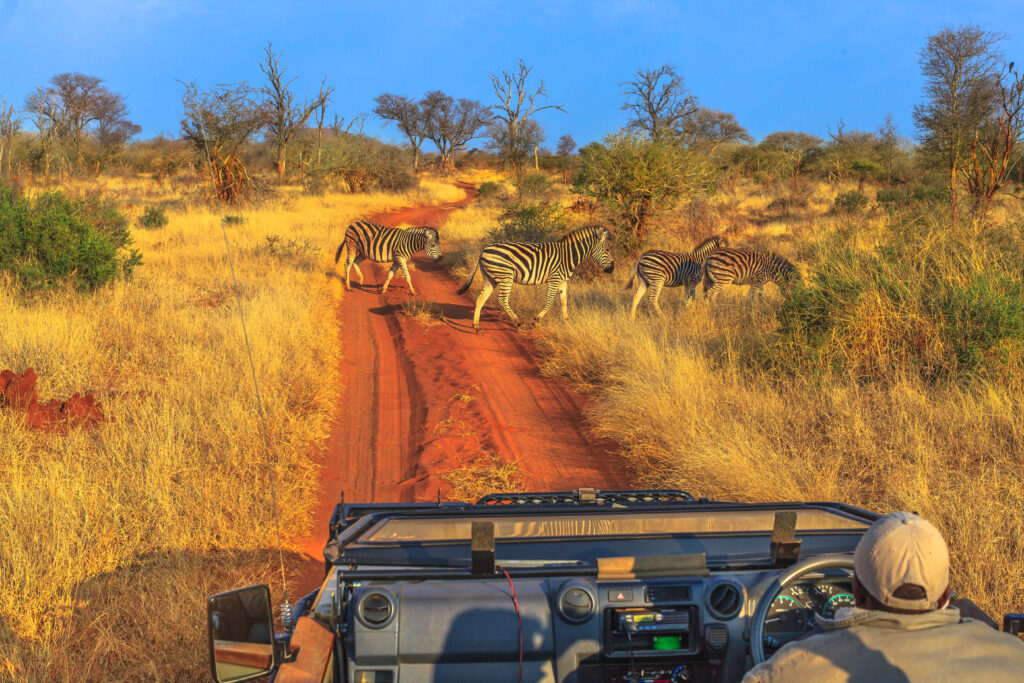
South Africa is one of the most eco-friendly countries on the continent, making it one of the top eco-destinations of 2024. It's the ideal place to observe Africa's rich flora and fauna in the heart of wilderness. A word of warning, however: a good tip for sustainable travel is to avoid sanctuaries that keep animals in captivity for the pleasure of tourists, or activities that exploit the animals. Instead, there's nothing like spending the night in an ecolodge: unusual accommodation, often in the heart of nature, that minimizes its footprint on the environment.
10. The Azores
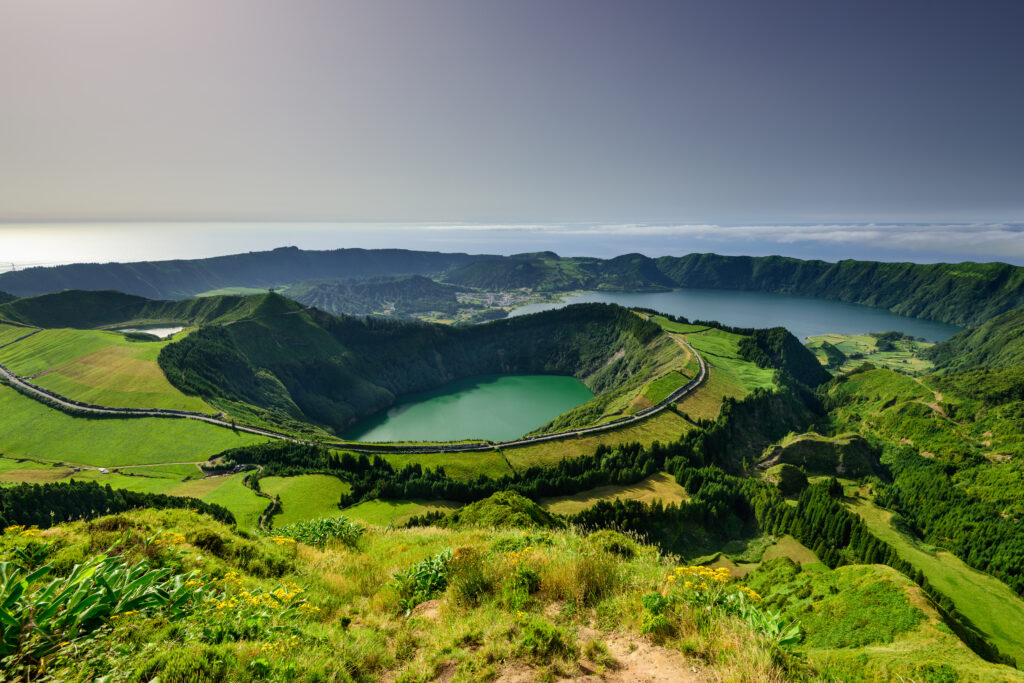
These volcanic islands offer visitors lush landscapes and particularly well-preserved ecosystems for plants and animals. The perfect marriage for an ecotourism trip in style! The Portuguese archipelago of the Azores boasts numerous protected areas, such as the Terra Nostra park on the island of São Miguel. In addition to a vast array of plant species, including camellias, the park is famous for its hot springs, which reach temperatures of 40°C!


